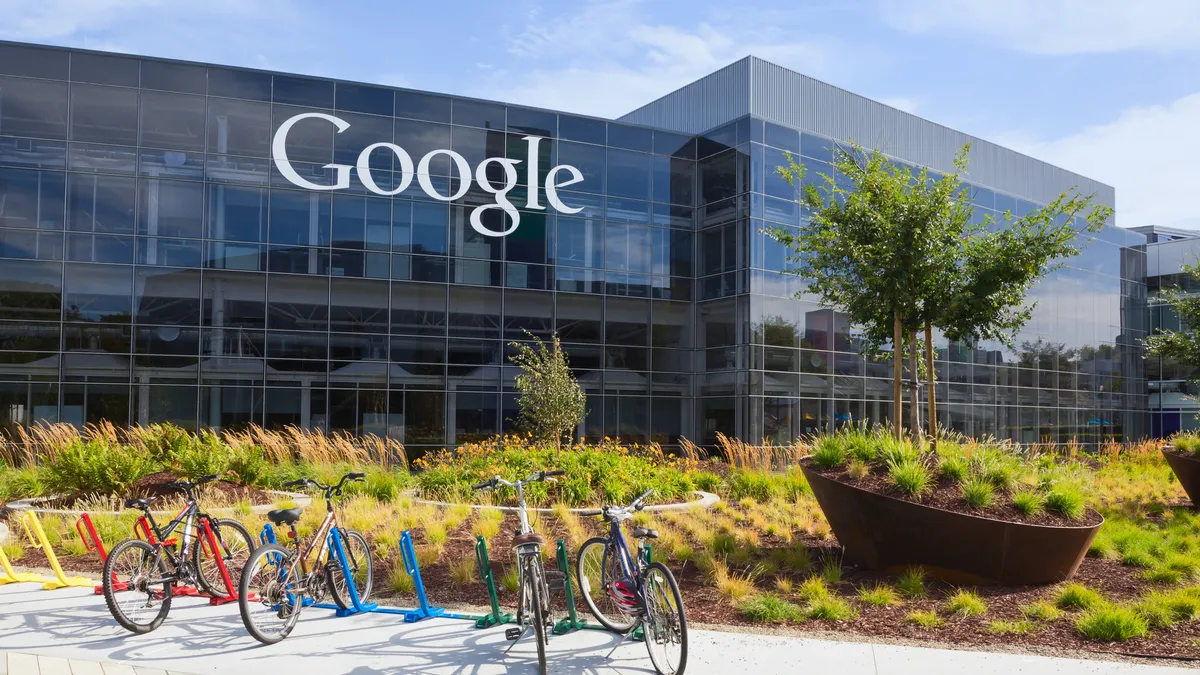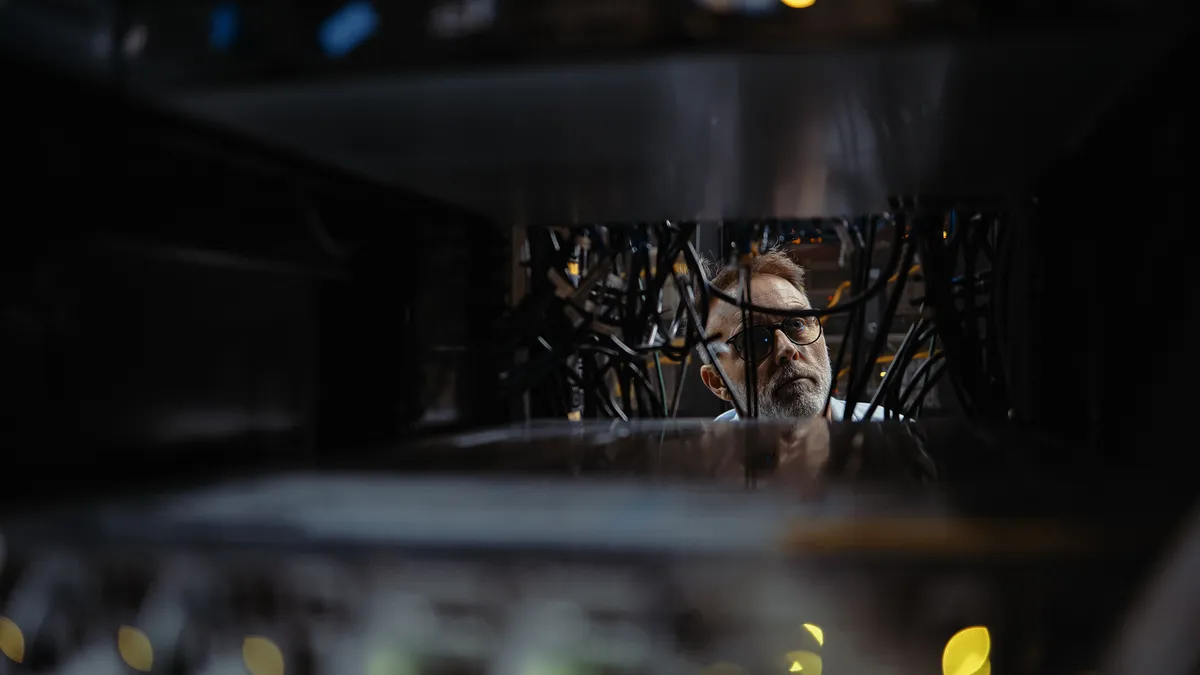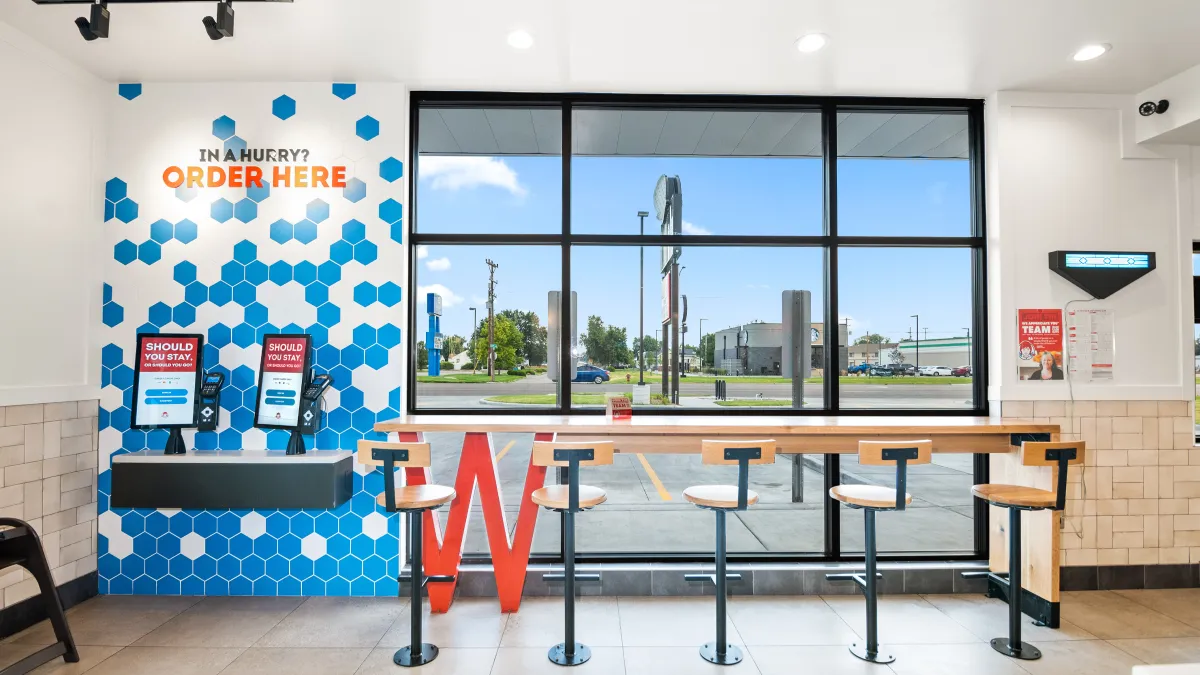It is the end of an era for the sunshine yellow search box, but that does not mean that Google’s enterprise search solution is going away. Rather, the Search Appliance is changing forms and moving to the cloud, likely making the enterprise search more powerful in the end. Google’s move is a prime example of how companies are continuing to evaluate their hardware needs, often settling on more flexible cloud-based solutions.
Late last week, Google told its customers it is sunsetting its Search Appliance. The company will no longer sell the hardware, but will continue to offer technical support with valid licenses through 2019.
Arguably, Google has nearly perfected the search engine, turning its signature capability into a verb in its own right. After all, you don’t often hear people say they are going to "Yahoo" something.
Google's enterprise offering lives on a company’s intranet, sifting through all its indexed content from a wide variety of file formats. The appliance is a contained computer manufactured by Dell, which is hosted among a company's servers.
Breaking it out of its yellow shell and migrating it to the cloud could allow Google to increase its computing power, creating a better search capability with more computing power for enterprise customers.
The future (or lack thereof) for hardware
As the industry continues to march to the cloud, companies are strongly considering what hardware they need to own, said Seth Robinson, senior director of tech analysis for CompTIA, an IT industry trade group.
Over time "we may see some trends about certain applications being accepted by most companies in the cloud or on premise, but right now it's very influx and companies are making a lot of their own decisions," Robinson said.
Though a large percentage of infrastructure will continue to move to the cloud helping to reduce a company's hardware footprint, not every company will decide to be 100% cloud based, Robinson said. Companies will instead just strongly reconsider what they need to physically own.
"They're definitely including cloud as a standard part of their architecture planning," Robinson said. “Companies now are using (the cloud) as one option for their infrastructure."
Solutions from public or private cloud to hosted systems are in the mix, and now companies "have to do a fair amount of analysis to try and determine which systems are the best for which applications and then how you stitch the whole thing together, then monitor and manage the whole solution," Robinson said.
With that shift, specialized appliances are going to be less in demand, Robinson said.
Vendors still frequently offer "parallel paths," which can include cloud and hardware solutions. Robinson said he has not seen any companies "double down on their hardware investments."
"We see companies planning out their overall strategy and architecture considering all the options they have available to them," Robinson said. "Definitely it's going to be a dynamic environment going forward."
How does Google compare to others on the market?
Adisak Sukul, a lecturer at Iowa State University with a background in cloud computing and big data, said Google’s enterprise search solution is far superior to others on the market. From his perspective, other vendors have solutions that are often more porous, not nearly as intuitive and less flexible to integrate.
Vendors have worked to refine and expand enterprise search. Inspired by virtual assistants like Apple's Siri, solutions have started to employ natural-language and analytics, according to a Gartner analysis of enterprise search solutions released in August 2015.
Gartner assessed the quality of different search solutions and their ability to expand and defend their market share. Though Google’s brand is often elevated above the competition, and possibly over-hyped by brand recognition, its Search Appliance found company alongside solutions from Mindbreeze, Dassault Systemes and Lucidworks.
To Gartner, Google's enterprise search was only a market challenger, not a market leader. Instead, companies like HP, Coveo and Sinequa led the field. HP, for example, provides search and analysis for both structured and unstructured information
Google's enterprise search lags behind its public offering and makes it difficult to analytically view data, Gartner said. But, the research firm said, Google's stand-alone systems offers an "unusually rich end-user experience" that is easy to install and configure.
What the cloud has to offer
When purchasing Google Search Appliance, customers had to buy both a machine and a license, Sukul said. With it moving to the cloud, the company eliminates the need to purchase hardware and services for its integration. Once in the cloud, Google’s customers would only need to buy a license and indexing support.
As is the nature of Google, if the company is augmenting an offering it is likely deploying a replacement on highly sophisticated systems, Sukul said. To phase out the physical solution, Google must be confident there is no longer a reason to make customers purchase entire machines.
Sukul expects the company will change its search algorithm and "implement even more machine learning behind the scenes to predict what to search and what to not."
The solution will likely become more efficient and powerful if it is housed among Google's servers, moving beyond the computing bounds of its cheery box.
Chad Johnson, the principal Google consultant for Perficient Inc., a digital transformation consulting firm based in St. Louis, has done more than 250 Google Search Appliance implementations for roughly 160 companies.
"When someone asked me last week if I was surprised that Google would do this, my initial reaction was absolutely not," Johnson said. In 2016, it is a "little weird" for Google to still offer the physical appliance.
Simply put, there are some things the cloud can do better, such as creating advance document previewing, Johnson said.
Some customers fully embraced the future change while others are saying "heck no," according to Johnson. For example, companies in the financial sector or banking industry could struggle to modernize their tech to fully integrate with the cloud.
Google has yet to publicly release information about what the company's cloud-based solution will and won't do, Johnson said. Therefore, it is difficult to predict future risks or challenges for companies looking to adopt or continue its offerings.
"To me enterprise search is still a thing. Enterprise search is not going away. Enterprise search In some form will continue to be needed by these companies," Johnson said. "These companies that were using this, the fundamental academic need didn't go away or change."






















